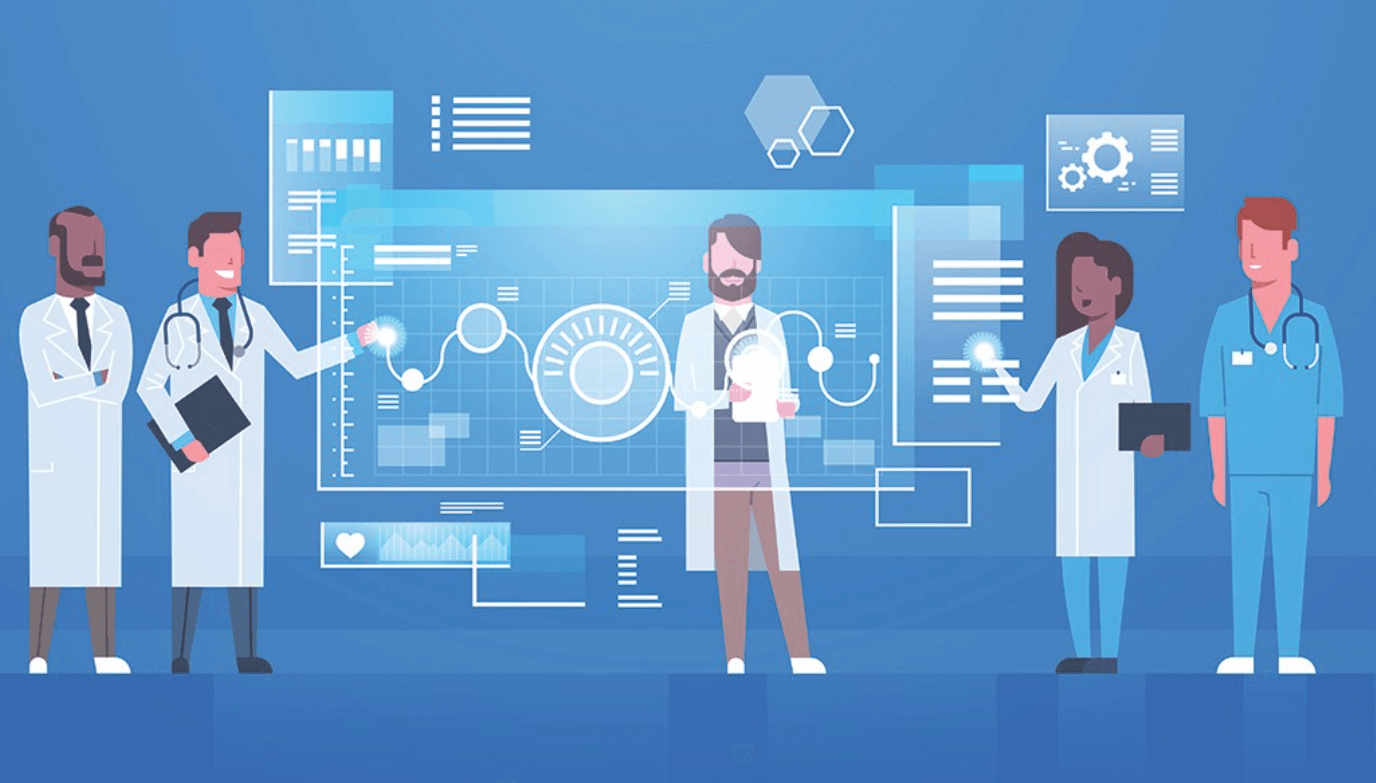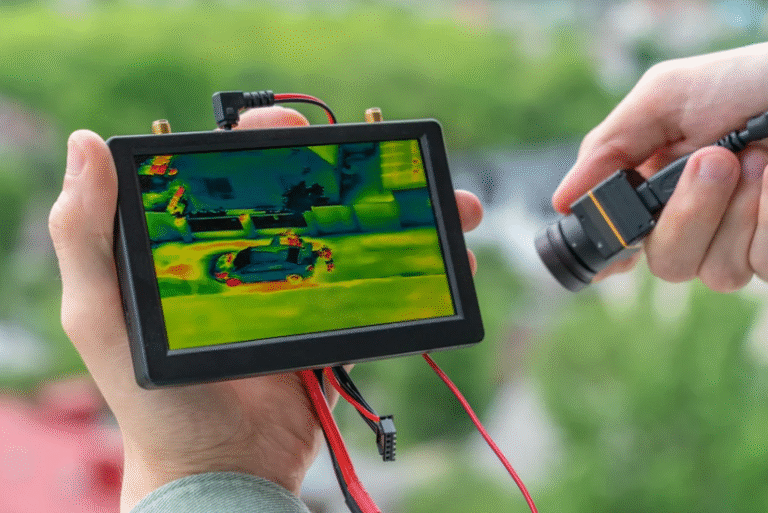Exploring the Role of Technology in Modern Healthcare Systems
The integration of technology into modern healthcare systems has reshaped the landscape of patient care. Telemedicine has expanded access, while electronic health records have streamlined data management. Additionally, AI and machine learning are enhancing diagnostic accuracy. However, significant challenges remain. Issues like data privacy and interoperability must be addressed. Understanding these dynamics is essential for grasping the full impact of technology on healthcare today and in the future.
The Impact of Telemedicine on Patient Care
As telemedicine becomes increasingly integrated into healthcare systems, its impact on patient care is becoming more evident.
Patients enjoy greater access to medical professionals, which fosters autonomy in managing their health. The convenience of virtual consultations empowers individuals to seek care without geographical constraints.
Additionally, telemedicine reduces wait times, allowing patients to prioritize their needs, ultimately promoting a more liberated approach to healthcare.
Enhancements in Electronic Health Records
Telemedicine’s rise has highlighted the need for efficient and integrated healthcare solutions, paving the way for advancements in Electronic Health Records (EHR).
These enhancements include improved data interoperability, streamlined patient information access, and increased user-friendliness for healthcare providers.
As a result, EHR systems empower patients with greater control over their health data, fostering a more liberated approach to personal healthcare management.
AI and Machine Learning in Diagnostics
A growing number of healthcare providers are increasingly integrating artificial intelligence (AI) and machine learning into diagnostic processes.
These technologies enhance the accuracy and speed of diagnoses, enabling clinicians to make informed decisions swiftly. By analyzing vast datasets, AI systems can identify patterns often overlooked by human eyes, ultimately empowering patients with timely and personalized care, thereby promoting autonomy and informed health choices.
Challenges of Integrating Technology in Healthcare Systems
Integrating advanced technologies such as AI and machine learning into healthcare systems presents a range of challenges that must be navigated carefully.
Issues such as data privacy, interoperability among diverse systems, and resistance from healthcare professionals complicate the integration process.
Furthermore, the need for comprehensive training and the potential for unequal access highlight the importance of addressing these hurdles to ensure freedom in healthcare innovation.
Also read: Exploring the Role of Technology in Improving Mental Health Care
Conclusion
In the vast orchard of modern healthcare, technology serves as the sun, nurturing the seeds of patient empowerment and efficient care. Telemedicine blossoms, offering distant blooms of accessibility, while electronic health records weave a tapestry of information. Yet, shadows of data privacy and resistance linger, threatening the harvest. To cultivate a thriving ecosystem, stakeholders must unite, tending to these challenges with diligence, ensuring that the fruits of innovation can be enjoyed by all who seek healing.






